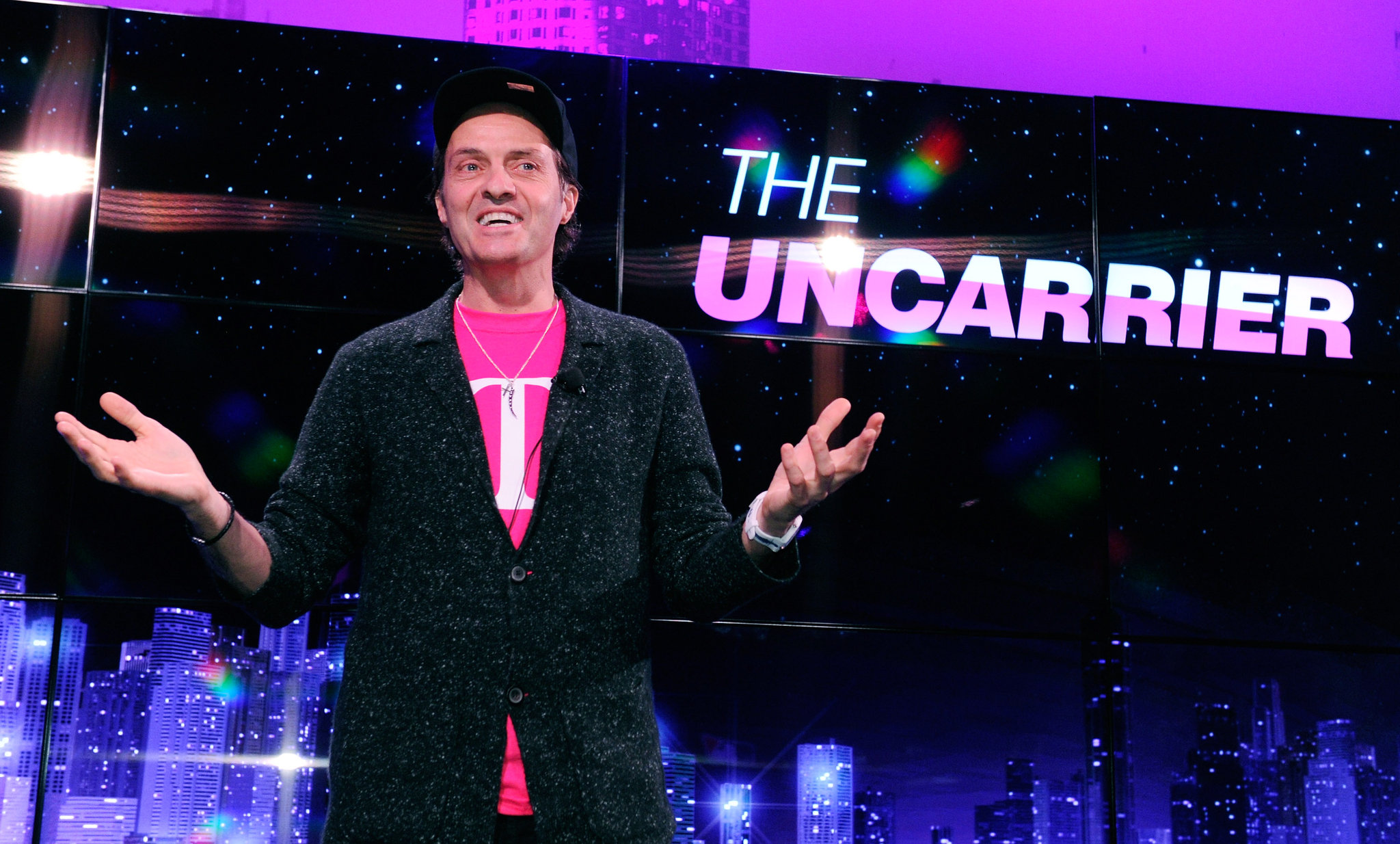Following a complaint that the United States Federal Trade Commission filed over T-Mobile this summer over fraudulent services, the Deutsche Telekom-owned wireless carrier today announced it has agreed to pay $90 million to settle cramming accusation. Carrier cramming, a form of fraud popular among major US carriers, results in small charges being added to a bill by a third party without the subscriber’s consent or disclosure.
Such unlawful charges typically cover unwanted text message alerts and other services like unauthorized SMS subscriptions for horoscopes, sports scores, ring tones and similar services that cost ten bucks per month or more.
The settlement [PDF document] will see the firm paying out more than $90 million to the affected subscribers.
Tom Wheeler, the Chairman of the Federal Communications Commission, called the settlement “a win for consumers who have been victimized by cramming”, saying it will help protect all of T-Mobile’s customers from illicit charges in the future.
”Cramming is a significant problem,” Wheeler wrote. “For too long, millions of consumers have been scammed billed for bogus charges on their phone bills for services they didn’t request. This is unacceptable.”
Although T-Mobile initially insisted it did not charge subscribers knowingly for fraudulent services, the FTC said the carrier made ”hundreds of millions of dollars” using unlawful tactics.
Earlier this week, Sprint revealed that the FTC is preparing to fine the company a record $105 million following cramming accusations. And back in October, AT&T settled with the FCC for $105 million over bogus services.
T-Mobile in a public statement back this summer initially called the FTC’s accusations ”unfounded and without merit” while assuring it had stopped billing for these Premium SMS services last year and launched a proactive program to provide full refunds.
The FTC alleged it was ”nearly impossible for consumers to find and understand third-party subscription charges” because T-Mobile’s summary bill did not show any third-party charge or a recurring subscription.
The FTC warned that the high volume of customers have been seeking refunds and filing complaints since 2012. Sadly, T-Mobile has refused to provide refund the affected customers even after bogus charges were discovered.
If you have been overcharged by T-Mobile in the past, you’re now eligible for compensation under the terms of the settlement with the FTC.
Hands up who’s been victimized by carrier cramming.
